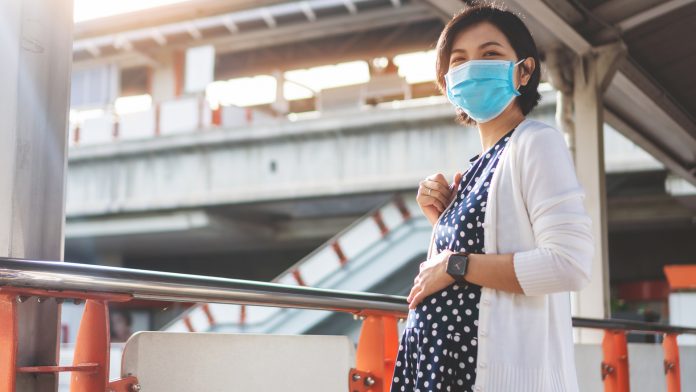
A portable air cleaner can reduce the negative effects of air pollution on brain development in children.
A new study by Simon Fraser University researchers, in collaboration with US and Mongolian scientists, examined the positive effects of using air filters to mitigate air pollution during pregnancy and analysed the influence on brain development in children.
It is well documented that air pollution negatively impacts public health with long-term exposure causing symptoms such as coughing, wheezing and dizziness. Understanding the impact of brain development in children is an important research area and this is the first to address the beneficial effects of reducing air pollution on cognition in children.
Installing air filter systems in pregnant women’s homes
The researchers began the randomised controlled trial in 2014 and recruited 540 pregnant women in Ulaanbaatar, Mongolia, to partake in the Ulaanbaatar Gestation and Air Pollution Research (UGAAR) study. Ulaanbaatar has some of the worst air quality in the world, exceeding guidelines outlined by the World Health Organization (WHO).
The participants were less than 18 weeks pregnant and non-smokers who had not previously utilised air filtering devices in their homes. The women were randomly assigned to either a control or intervention group. The intervention group were allocated one or two HEPA filter air cleaners and asked to use the cleaners continuously through their pregnancy. The air cleaners were removed from the home once the child was born to ensure impartial results in brain development in children.
Air filter system encourages healthy brain development in children
Four years later, the researchers measured the children’s full-scale intelligence quotient (FSIQ), using the Weschler Preschool and Primary Scale of Intelligence.
They uncovered that air filter systems to reduce pollution did affect brain development in children. The children born to mothers using air cleaners had an average FSIQ that was 2.8-points higher than the group that did not use the filter system.
“These results, combined with evidence from previous studies, strongly implicate air pollution as a threat to brain development,” said Ryan Allen, Professor of Environmental Health in SFU’s Faculty of Health Sciences. “But the good news is that reducing exposure had clear benefits.”
Children in the air filter group also showcased greater average verbal comprehension index scores, which is consistent with results from previous observational studies. The findings highlight that children’s verbal skills may be negatively affected by air pollution exposure.
The research reveals that reducing exposure to air pollution during pregnancy could improve brain development in children around the world.
“Air pollution is everywhere, and it is preventing children from reaching their full potential,” concluded Allen. “Air cleaners may provide some protection, but ultimately the only way to protect all children is to reduce emissions.”









